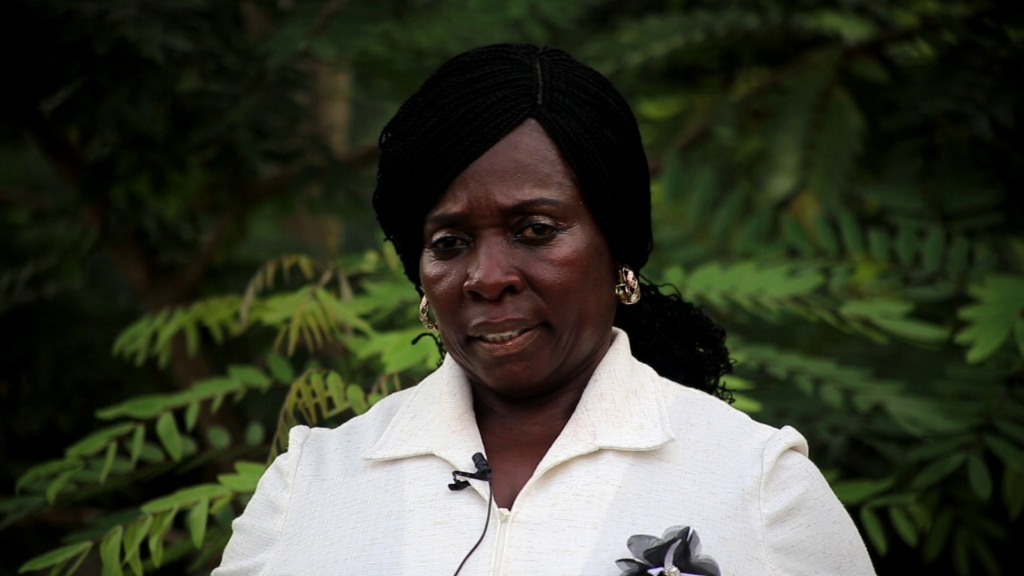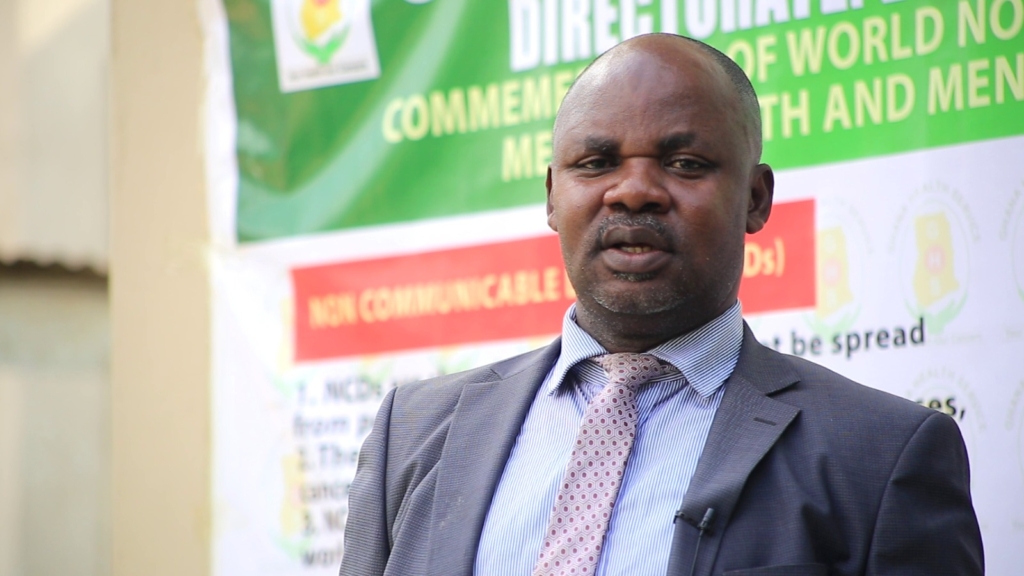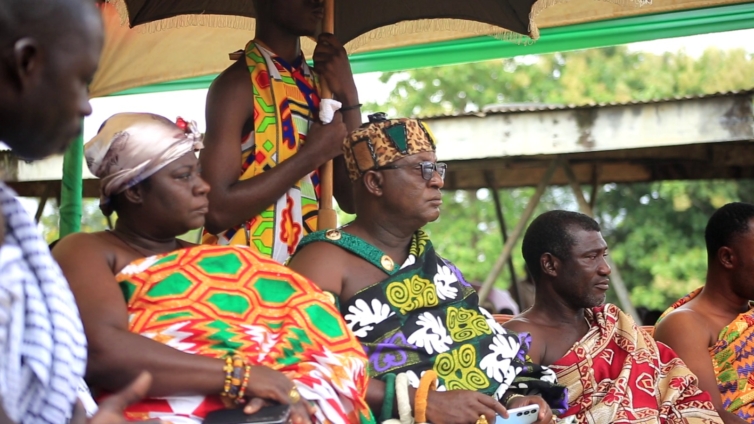The Ghana Health Services in the Ashanti region is set to launch a door-to-door screening and awareness campaign to combat non-communicable diseases (NCDs), which health experts warn are quietly claiming lives.
“We want to create this awareness about screening. We will go to the doorsteps of everybody. The institutions, churches, markets, lorry stations, schools to alert them and create awareness so they understand the dangers,” said Lydia Owusu Ansah, Regional Coordinator for NCDs.
According to Madam Lydia, a significant proportion of the population affected by these conditions are between 20 and 40 years old, with young people being particularly vulnerable, which is a cause for concern. The region is grappling with a high burden of 20,000 cases of non-communicable diseases.

Madam Lydia emphasizes that the initiative will be an ongoing effort, not a one-time event, aiming to make early detection a daily priority.
She urged residents to prioritize regular health checkups and scheduled appointments with medical professionals to effectively manage and reduce the alarming rates of non-communicable diseases through early detection.
The regional coordinator spoke to JoyNews at the launch of an initiative by the Sekyere East District Health Directorate to combat non-communicable diseases (NCDs).
The district saw a significant decrease in hypertension cases, from 6,234 in 2021 to 4,046 in 2022 and further to 2,296 in 2023. Similarly, diabetes cases also showed a declining trend, from 1,820 in 2021 to 1,000 in 2022 and 559 in 2023, indicating a positive shift in the district's health landscape.
Meanwhile, mental health concerns like depression showed a worrying increase, with cases rising from 12 in 2021 and 2022 to 22 in 2023. On the other hand, epilepsy cases demonstrated a downward trend, decreasing from 27 in 2021 to 22 in 2022 and 20 in 2023. Similarly, alcohol usage also showed a significant decline, with cases dropping from 25 in 2021 to 17 in 2022 and 15 in 2023.
According to District Health Director, Dr. Justice Ofori-Amoah, the reported cases in the district warrant a closer examination and a concerted effort to develop sustainable solutions to effectively address these health concerns and improve the overall well-being of the district.
“Getting a hypertension is not a death warrant. It only means that, your system is not getting the needed attention,” he said.

Dr. Ofori-Amoah revealed that the district has initiated a stakeholders' engagement campaign, educating and screening individuals multiple times - about five times per person.
Additionally, the district will meet with all organized groups to discuss the conditions and the ongoing screening exercise, ensuring a collaborative approach to addressing these health concerns.
Latest Stories
-
King Mswati III of Eswatini in Ghana for a state visit next week
10 minutes -
Fuel prices drop again due to competition: Petrol selling at GH₵10.75
12 minutes -
Family members “fight” over $3k donation from GBA- Wife of deceased Nigerian boxer reveals
35 minutes -
Scars of Hooliganism: Former RTU star Nawass opens up on brutal attack that ended his career
41 minutes -
‘Side Chic’ saga: Deborah Adablah breaks silence after 45 days in jail
46 minutes -
Consistency is key to keeping Black Stars place – Lawrence Agyekum
1 hour -
Amir Khan praises President Mahama’s sons for bringing major boxing event to Ghana
1 hour -
Amir Khan credits Prez Mahama’s children for supporting “historic” promotion in Ghana
1 hour -
Supreme Court’s Celebrity Alcohol Ad Ban roils Ghana one year on
1 hour -
Partey’s Arsenal contract renewal talks hit a snag
1 hour -
Former basketball player Bryan-Amaning urges Ghana Federation to set sport on right path
1 hour -
Ghana receives shipment of Human Papillomavirus (HPV) vaccines
2 hours -
Kwabena Owusu becomes free agent after Ferencvaros exit
2 hours -
Police arrest school proprietor for preventing BECE candidates from writing exam
2 hours -
Deepen fight against galamsey to restore public trust – Dr Ken Ashigbey urges gov’t
2 hours

